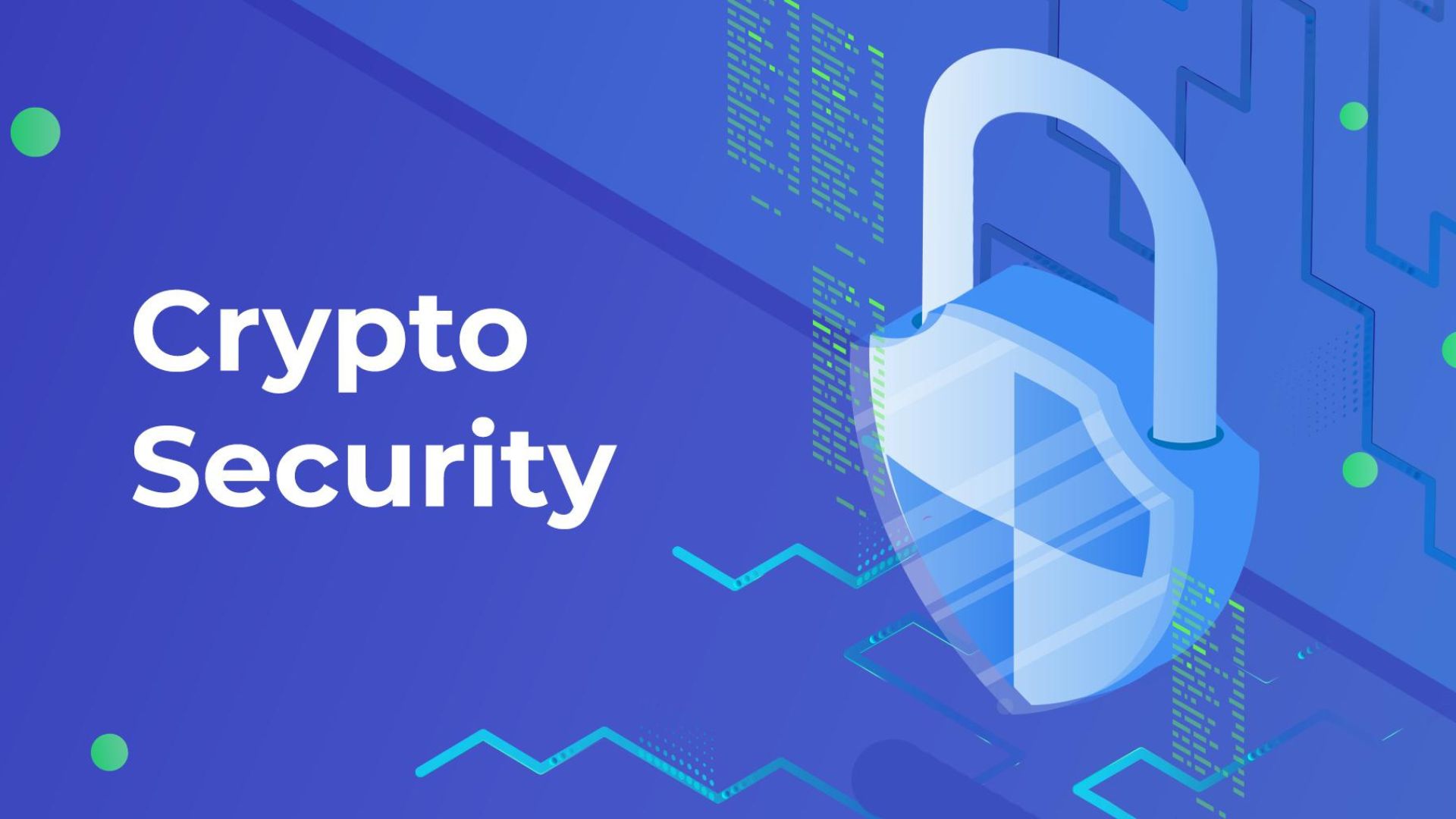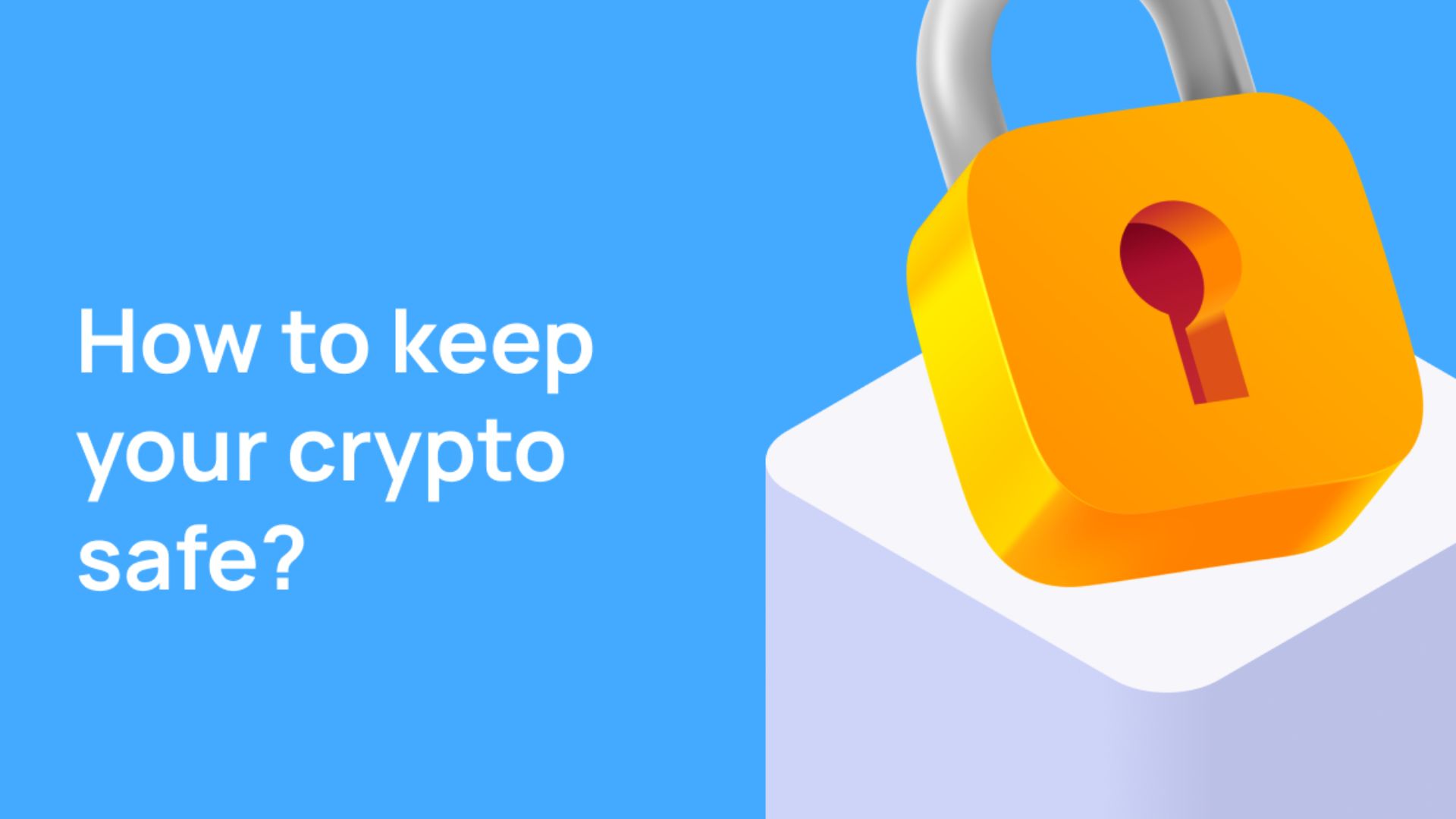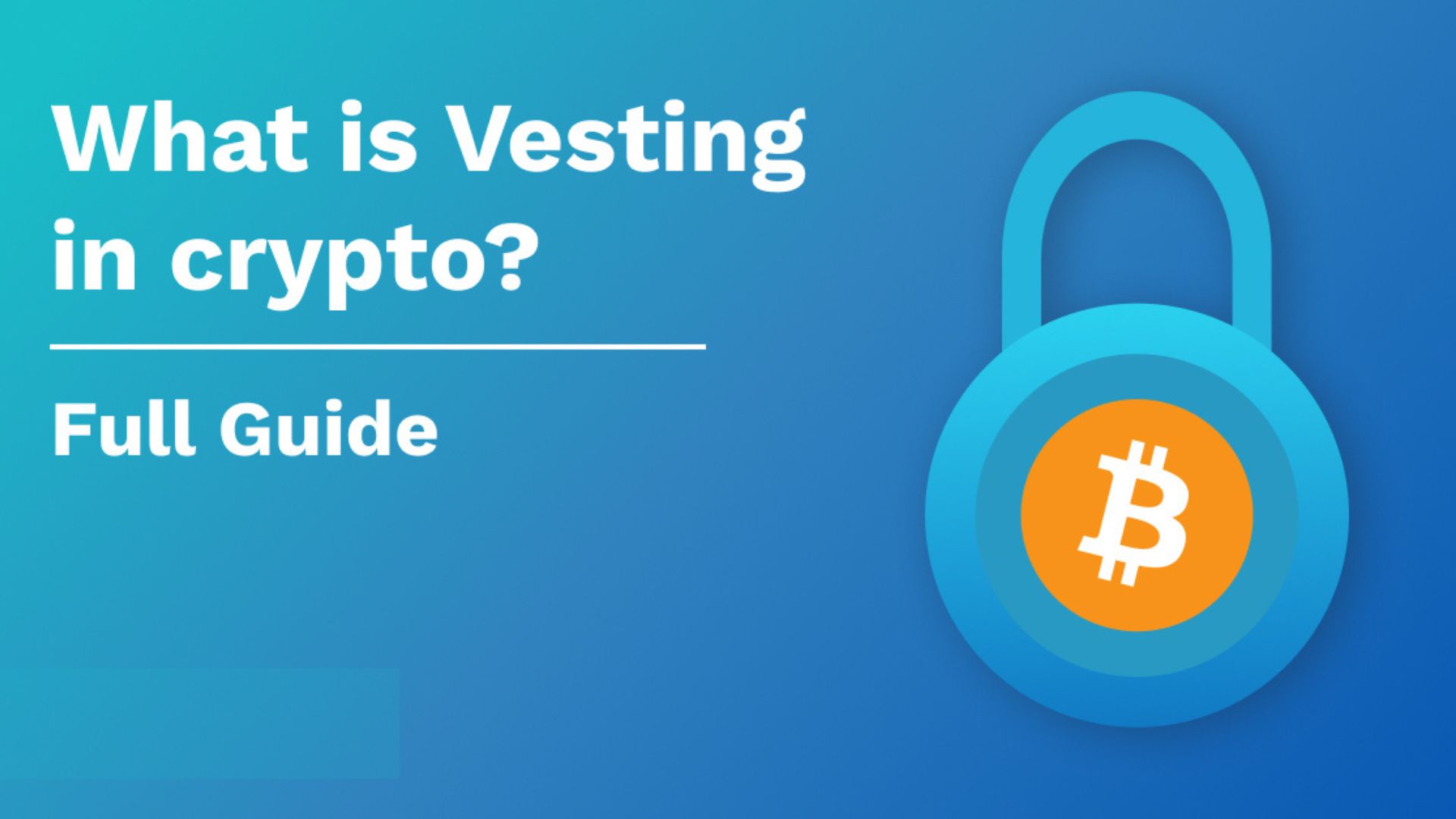Crypto Security Risks: Protect Your Cryptocurrency in 2024

Crypto Security Risks: Protect Your Cryptocurrency in 2024. Recognizing and avoiding the most frequent crypto security issues is crucial as cryptocurrency adoption grows. Cryptocurrency is both a desirable means of value transfer and a possible target for malicious actors due to the immutability, anonymity, and decentralization of blockchain transactions. Here, we’ll examine some of the most typical forms of fraud, such as phishing and malware attacks so that you can be alert.
What is Crypto Security?

Anonymous, decentralized, and irreversible transactions are the norm for many of the most widely used cryptocurrencies. You have more freedom than ever before but are also more susceptible to evildoers’ plots. As a result, you should take precautions to safeguard your cryptocurrency and remain alert at all times.
Crypto security boils down to an exercise in common sense. Scammers will likely seek personal information or offer you an opportunity over the phone if you receive such a call. Scams typically involve time-sensitive opportunities that use coercion to get you to part with your money. Also, be wary of opportunities that appear too excellent to be accurate or promise huge profits with little to no effort on your part; these are likely scams.
Common Crypto Security Risks
Phishing and malware attacks account for many of the most prevalent crypto security threats. These kinds of cybercrimes have been around for as long as the internet itself, and they can range from persuasive attempts explicitly tailored to you to more simplistic ones that you might be able to spot at a glance.
Phishing Attacks
Phishing attacks can manifest in many ways, but they usually conclude with unsolicited messages or phone calls from unknown senders asking for personal information such as passwords or seed words. Typical phishing tactics include unsolicited calls posing as from people you know or fake job offers from famous companies. Several types of phishing attempts can be illustrated by the following:
- Pig butchering: Scammers use appealing opportunities to convince victims to make an initial deposit or purchase, and then they use false financial statements or a string of small but promising returns to mislead victims into transferring more dollars.
- Romance scheme: An attack in which a person, usually pretending to be a romantic interest, tricks you into trusting them before asking you to buy cryptocurrency so that you and the scammer can become closer.
- Giveaway scams: Scammers frequently use celebrities, influencers, or the inventor of the platform to trick victims into sending them money or giving them their financial details in exchange for rewards.
Malware attacks
Crypto security is also frequently compromised by malware attacks. When hackers install malware on your devices and then run it, they can steal your personal information, empty your wallet, or engage in cryptojacking, an activity where they use your computer’s processing power to mine cryptocurrency without you knowing it.
Most malware is downloaded from malicious or unreliable websites, programs, and browser extensions; it can also reside on your computer or in the browser of an infected site. It can be challenging to identify malware due to its hidden coding. If your computer suddenly starts acting strange, running slower, or turning on the fan more often than usual, your crypto security might be at risk.
How to Keep Your Cryptocurrency Secure

Do your best to avoid any dangers to keep your cryptocurrency safe. First and foremost, while creating a password, use a minimum of 16 characters and don’t reuse it across accounts. There are password managers that can assist you if you struggle to create or remember complicated passwords.
Crypto Security Risks: Multi-factor authentication is another excellent method of preserving crypto security. The YubiKey from Yubico is one of the most robust hardware security keys since it enables physical two-factor authentication. Instead of relying on verification via text message, you should use an app like Duo Security or Google Authenticator. But if that’s your only option, ensure SMS verification for every login. If someone gets their hands on your password, that will add safeguard.
Ultimately, educating yourself is the most excellent approach to secure your cryptocurrency. To stay one step ahead of hackers, staying updated on security news and best practices is essential. Under no circumstances should you divulge your financial details or account credentials over email, social media, or phone. Before you log into your account, make sure the URL is legitimate. Additionally, be wary of promises that seem too good to be true.
Conclusion
Knowing the most frequent security dangers is crucial, even while cryptocurrency platforms like Binance work hard to provide helpful security tools to protect your crypto trip. Some are plain to see and may not require much attention, while others require closer scrutiny. Get on Binance’s free trading platform and confidently navigate the crypto world. Visit Binance for additional information on safeguarding y and safety, and security tipscurity Tips.





